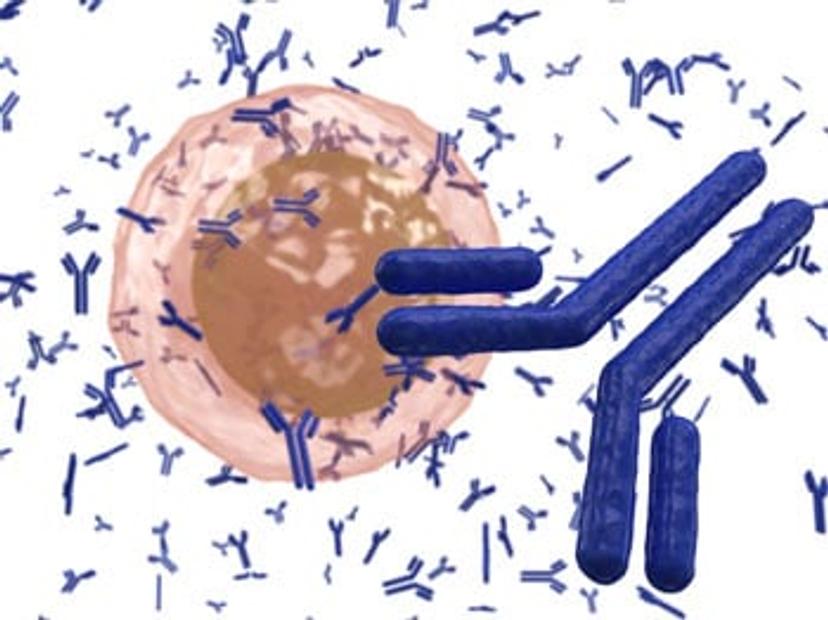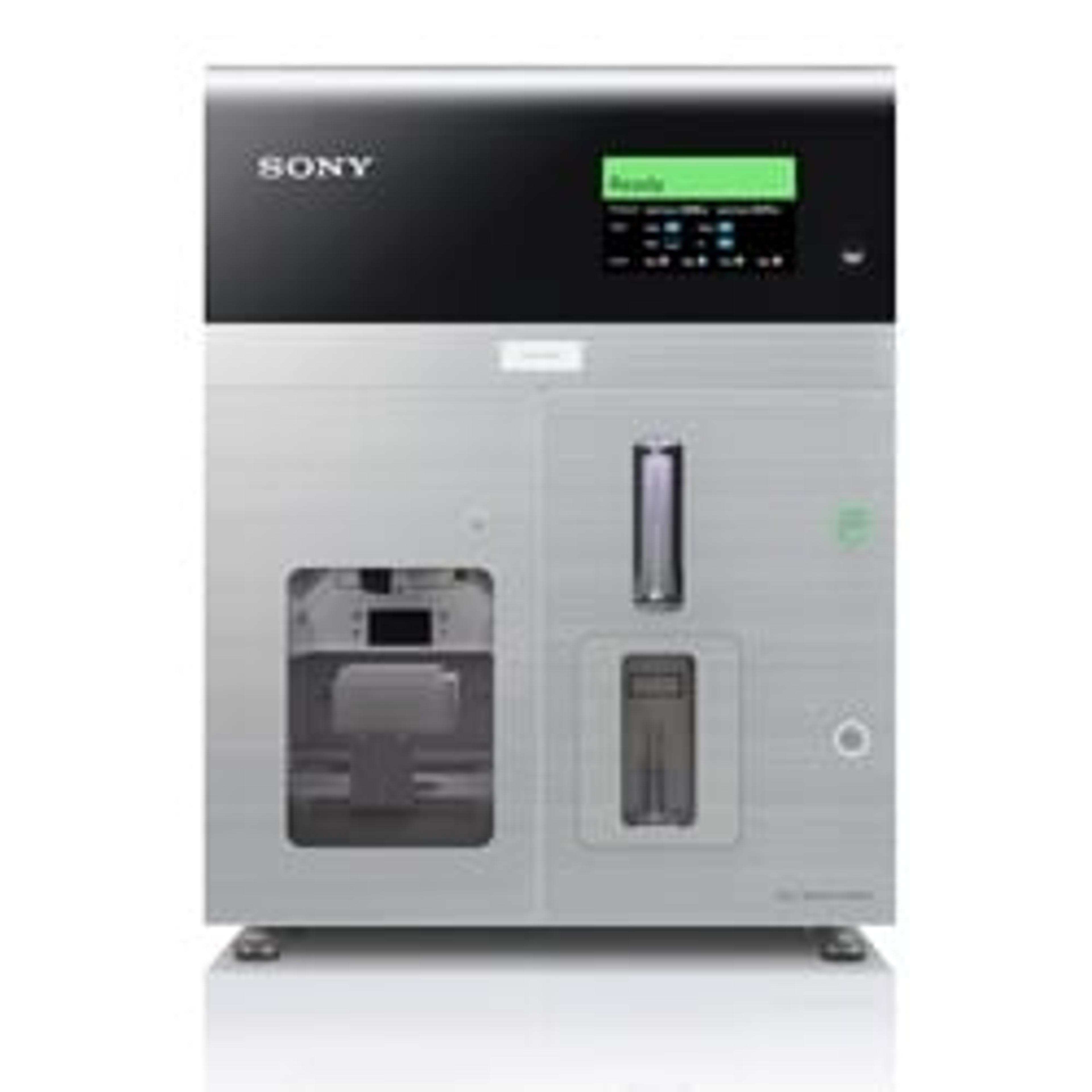Finding one in a million: Using immune repertoire profiling to translate discoveries into therapies
Harnessing the most powerful force in the fight against disease — natural human immunity
27 May 2020

The B-cell receptor repertoire can now be queried by next-generation sequencing (NGS) at a scale that enables the rapid collection of millions of antibody sequences from any given individual. The resulting pool of rationally selected antibodies gives researchers access to a comprehensive database of antigen-specific binders and increases the chances of identifying the best antibody sequences. The growing volume of such NGS antibody repositories opens opportunities for alternative methods of therapeutic antibody discovery.
Augmenta Bioworks, a biotechnology company headed by Chris Emig, Ph.D., Co-Founder and Chief Executive Officer, is actively engaged in the discovery of new therapeutics by harnessing the most powerful force in the fight against disease — natural human immunity. This group has developed a novel strategy called the DeepGrid™ platform, which combines single-cell sorting with RNA sequencing to pinpoint the protective immune response of individuals and translate these discoveries into therapies.
Dr. Emig explains, “We’re currently working on immune profiling and antibody discovery. Augmenta provides deep insights into human immune repertoires and a technical suite for discovering antibodies of high therapeutic potential. We work with a range of scientists, from academics seeking better insights into human immunity to large drug discovery operations seeking highly informative, massively multiplexed antibody screens.”
I cannot overemphasize how much this machine has helped to improve the quality of life of the scientists who use flow cytometry every day.
Dr. Chris Emig Co-Founder and CEO, Augmenta Bioworks
The cure within
DeepGrid is a massively parallel NxM assay involving N immune receptors and M antigens, enabling the profiling of millions of cells and receptors and thousands of antigens. This assay isolates single cells in individual compartments to maintain receptor chain pairing and can obtain other cell-specific data. According to Dr. Emig, “We can screen libraries of antigen variants, allowing us to identify antibodies with unique epitope-binding characteristics, such as heterospecific antibody-antigen recognition, broad neutralization, or antibody agonists. Since we can profile many interactions in a single assay, the assay cost per interaction is very low.”
The team is really excited about applications in oncology right now. This screening technology is target agnostic, so it’s a great choice for discovering new oncology drugs or profiling responses to immuno-oncology therapies for target discovery. Research partners can use this technology to bring insights into the human immune response, discover novel anti-infectives, and assay complex mixtures of cells and antigens.
Meeting high-throughput challenges with innovative approaches
Turning around an effective antibody in a few weeks from receiving a blood sample is not trivial. It requires identification of suitable samples for screening, minimizing false-positive signals to the subsequent cloning, and expression and characterization of monoclonal candidates identified from the screen.
According the Dr. Emig, “The SH800 is our workhorse cell sorter. We use it for routine cytometry of PBMCs, single-cell sorts for transcription profiling and receptor cloning, isolating B- and T-cell subsets for culturing. We’ve tried using other systems in the past, and the time to set up and maintain those instruments is soul-crushing to your average scientist, so we were looking for a better way. The SH800 enables us to run sorts nearly every day without the need for dedicated staff set aside to maintain a core facility. Our flow assays are relatively simple where we use four fluorochromes per panel, which fits the sweet spot of this instrument well. I’m looking forward to the day it processes your cells for you, too!”
The Sony SH800 cell sorter – isolate single cells for gene expression profiling:
- Advanced automation – Streamlined and automated sort setup makes the system easy to learn and use.
- Range of microfluidics chips – Choose from 70-µm, 100-µm, and 130-µm sorting chips to best suit the target cell size for your applications.
- Isolate viable single cells – Easily purify single viable cells on a 96- or 384-well plate for optimum single-cell sequencing.
- Low sample carryover – Microfluidics sorting chips can be exchanged to ensure low carryover of sample and nucleic acids between experiments.
Want to know more?
For more information on applications of cell sorting technology:
- Learn more about cell sorting best practices from flow cytometry experts, lab directors Peter Lopez and Rui Gardner, in our on-demand webinar exploring how to achieve optimal results from cell sorting.
- Read our editorial article on the Vanderbilt University Medical Center Vaccine Center’s collaboration with the DARPA Pandemic Prevention Platform to meet the threat of emerging viruses.
- Hear from the researchers at Vanderbilt via our on-demand webinar on how single-cell sorting and sequencing analysis can be used to generate therapeutic antibodies.

